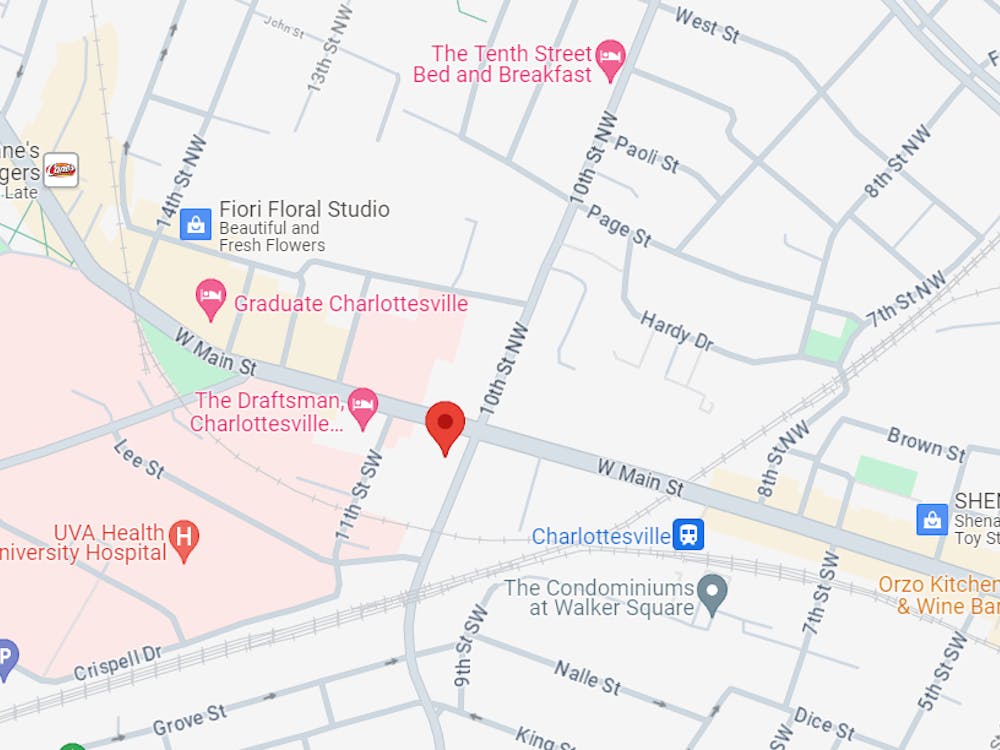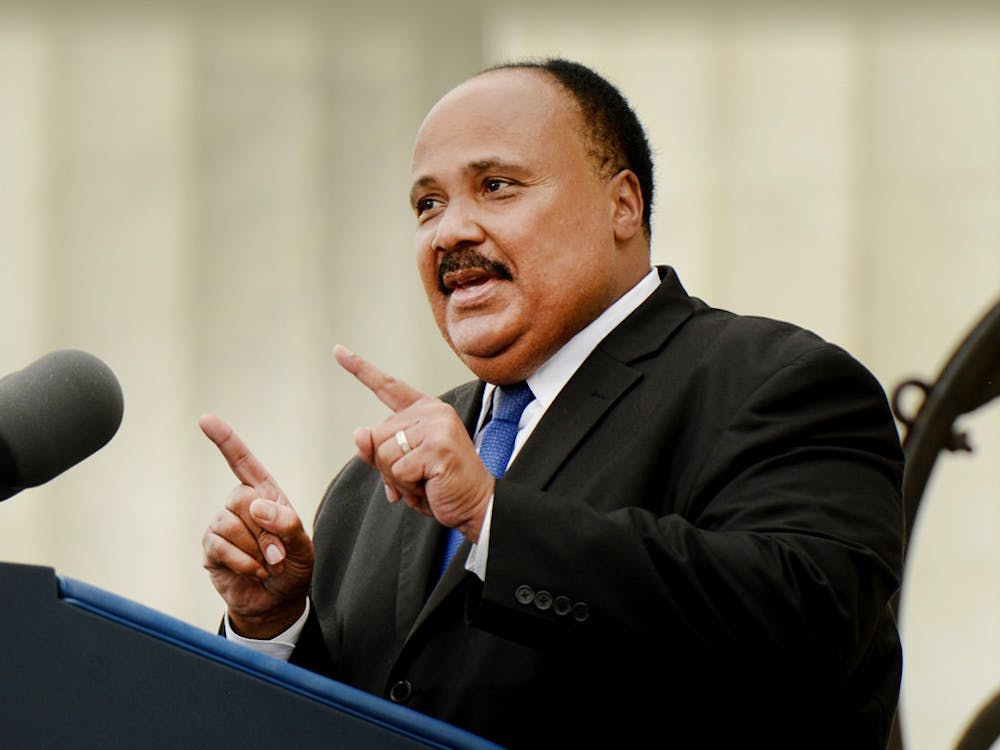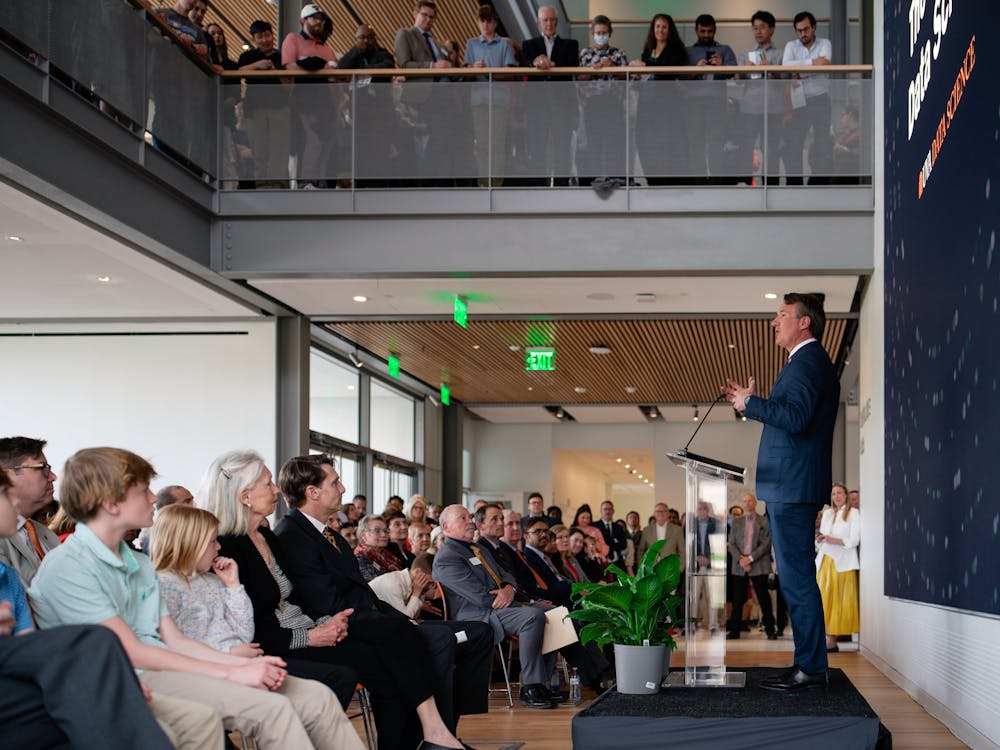A new committee charged with investigating alternatives to the single sanction held its first meeting Wednesday night.
The ad hoc committee, called the Committee for the Investigation of the Single Sanction, was formed after 59 percent of the voting student body in last spring's elections supported a referendum calling for the Honor Committee to seek alternatives to the single sanction, a policy in which students found guilty of an honor offense are automatically expelled from the University.
During the meeting, members of the ad hoc committee attempted to establish the committee's purpose and set its goals.
"The charge as I understand it is given by the vote last year, to investigate alternatives to the single sanction," ad hoc committee member Matt Miller said.
According to ad hoc committee Chair Sarah Outten, most of the investigation will take the form of research.
"This committee is wholly research-based," Outten said. "We are doing research to see what needs to be done and if it needs to be done."
The ad hoc committee discussed the utilization of the post-trial surveys given to jurors after every honor trial.
"There is a question about whether or not the verdict was affected by the single sanction," said Nicole Eramo, special assistant to the Honor Committee.
Another research option is the use of a survey on honor codes created by Rutgers University Prof. Don McCabe, who has done extensive research on cheating and honor codes, including two previous surveys at the University, and is planning a third survey this fall. McCabe already has agreed to allow the ad hoc committee to formulate three of the questions on his survey specifically geared toward the single sanction at the University.
In addition to the survey, the ad hoc committee discussed the use of student focus groups to gain greater understanding of student opinion on the single sanction.
There was some disagreement over how the ad hoc committee would compile these focus groups in order to gather a cross-section of the University community.
"Just like you would never take a presidential poll at an NRA meeting, you would never take an honor poll at a specific CIO meeting," ad hoc committee member Brock Saunders said.
The ad hoc committee discussed the various ways of assembling a random assortment of student volunteers to participate in a focus group.
"It's never going to be perfect -- we're never going to poll 18,000 people, but if we can get a reliably broad distribution, we are doing the best we can," ad hoc committee member Lauren Ross said.
The ad hoc committee also debated other ways of investigating the numerical effects of the single sanction, such as the "Turn-it-in" program, which tests papers for plagiarism.
"We want to know if the single sanction is a superior deterrent to cheating," ad hoc committee member Josh Hess said.
The "Turn-it-in" program could be used to track cheating rates at the University and compare them to cheating rates at other colleges and universities.
"Even if we find cheating rates are lower at U.Va., there's no way we can point to the single sanction as a cause of that," ad hoc committee member Stewart Ackerly said.
The ad hoc committee resolved to analyze some of the post-trial surveys before next week's meeting so it can devise guidelines for evaluating the data.




